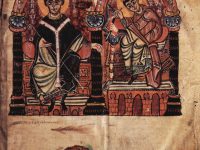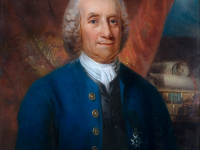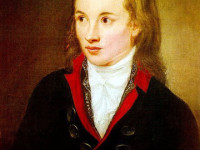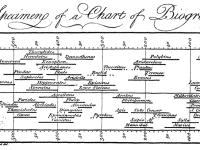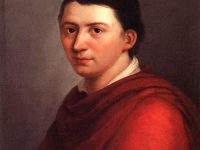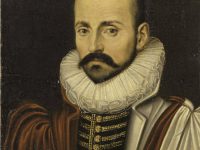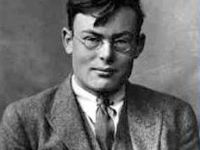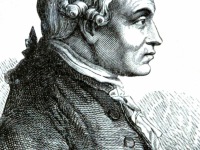The Encyclopaedia of Saint Isidore of Seville
On April 4, 636, Saint Isidore of Seville, Archbishop of Seville, passed away. He is referred to as “the last scholar of the ancient world. In his Encyclopaedia Etymologiarum sive originum libri XX he compiled the knowledge of antiquity still existing in the west of the Mediterranean around 600 CE, combined it with patristics and made it available to his time. Isidor was one of the most widely read authors of the…
Read more

